I'm using Kubernetes Continuous Deploy Plugin to deploy and upgrade a Deployment on my Kubernetes Cluster. I'm using pipeline and this is the Jenkinsfile:
pipeline {
environment {
JOB_NAME = "${JOB_NAME}".replace("-deploy", "")
REGISTRY = "my-docker-registry"
}
agent any
stages {
stage('Fetching kubernetes config files') {
steps {
git 'git_url_of_k8s_configurations'
}
}
stage('Deploy on kubernetes') {
steps {
kubernetesDeploy(
kubeconfigId: 'k8s-default-namespace-config-id',
configs: 'deployment.yml',
enableConfigSubstitution: true
)
}
}
}
}
Deployment.yml instead is:
apiVersion: extensions/v1beta1
kind: Deployment
metadata:
name: ${JOB_NAME}
spec:
replicas: 1
template:
metadata:
labels:
build_number: ${BUILD_NUMBER}
app: ${JOB_NAME}
role: rolling-update
spec:
containers:
- name: ${JOB_NAME}-container
image: ${REGISTRY}/${JOB_NAME}:latest
ports:
- containerPort: 8080
envFrom:
- configMapRef:
name: postgres
imagePullSecrets:
- name: regcred
strategy:
type: RollingUpdate
In order to let Kubernetes understand that Deployment is changed ( so to upgrade it and pods ) I used the Jenkins build number as annotation:
...
metadata:
labels:
build_number: ${BUILD_NUMBER}
...
The problem or my misunderstanding:
If Deployment does not exists on Kubernetes, all works good, creating one Deployment and one ReplicaSet.
If Deployment still exists and an upgrade is applied, Kubernetes creates a new ReplicaSet:
Before first deploy
First deploy
Second deploy
Third deploy
As you can see, each new Jenkins deploy will update corretly the deployment but creates a new ReplicaSet without removing the old one.
What could be the issue?



